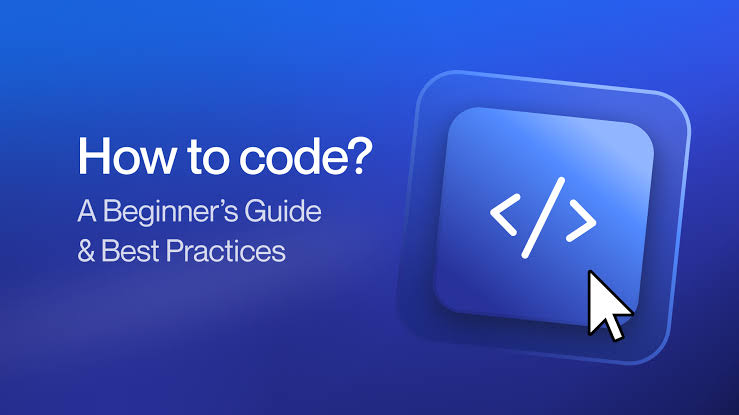Learning to code can seem intimidating at first, but with the right guidance, it becomes an exciting journey into the world of technology. Coding, also known as programming, is the process of giving instructions to a computer to perform specific tasks. For beginners, understanding the basics is the first step toward building websites, apps, games, and even automating everyday tasks.
Understanding What Coding Is
At its core, coding is the language we use to communicate with computers. Computers only understand binary code—ones and zeros—but programming languages help bridge the gap between human thinking and machine execution. These languages allow us to write instructions in a more understandable format.
Common coding languages include:
- Python – Known for its simplicity and versatility
- JavaScript – The language of the web for interactive content
- Java – Popular for Android apps and enterprise software
- HTML and CSS – Essential for building and styling web pages
- C++ – Used in gaming, embedded systems, and high-performance software
Why Learning to Code Is Important
Coding is becoming a core skill in today’s digital age. Whether you want a career in tech or simply wish to enhance problem-solving skills, programming offers endless possibilities.
Some benefits include:
- Expanding career opportunities in high-demand industries
- Enhancing logical thinking and problem-solving skills
- Allowing you to create your own tools, websites, and applications
- Enabling automation of repetitive tasks to save time
Choosing Your First Programming Language
When starting, it’s important to pick a language that matches your goals. For example, Python is great for beginners due to its readable syntax, while JavaScript is essential for web development.
Beginner-friendly languages to start with:
- Python – Best for general-purpose programming and data analysis
- JavaScript – Ideal for web design and interactivity
- Ruby – Known for clean and beginner-friendly code
- Scratch – A visual programming language for absolute beginners, especially children
Essential Tools for Beginners
Before you start coding, you’ll need the right tools to practice and run your programs.
Recommended beginner tools:
- Text Editors (VS Code, Sublime Text, Atom) – Where you write your code
- CodePlaygrounds (Replit, CodePen) – Online environments for quick coding tests
- Compilers and Interpreters – Convert your code into machine-readable instructions
- Version Control (Git and GitHub) – Keep track of your projects and collaborate with others
Key Concepts Every Beginner Should Learn
Before diving deep into projects, understanding the fundamentals of programming is essential.
Core concepts include:
- Variables – Store information for your program to use
- Data Types – Numbers, text, lists, and other formats
- Loops – Repeat tasks efficiently
- Functions – Blocks of code that perform specific actions
- Conditional Statements – Make decisions based on certain conditions
- Debugging – Finding and fixing errors in your code
Practicing Through Small Projects
Learning coding is best achieved through practice. Starting with small projects helps reinforce your skills.
Simple beginner project ideas:
- A basic calculator program
- A personal to-do list application
- A simple game like tic-tac-toe
- An interactive quiz
- A personal blog website
These small tasks build your confidence before moving on to bigger challenges.
Learning Resources for Beginners
Fortunately, there are plenty of free and paid resources to help you learn coding at your own pace.
Popular learning platforms include:
- FreeCodeCamp – Offers free coding tutorials and projects
- Codecademy – Interactive lessons for different languages
- Khan Academy – Beginner-friendly coding courses
- YouTube Channels – Such as Programming with Mosh, CS Dojo, and The Net Ninja
Staying Consistent and Motivated
Like learning any new skill, coding requires consistency. Setting aside even 30 minutes daily to code can lead to significant improvement over time.
Tips to stay motivated:
- Set realistic goals and milestones
- Join coding communities and forums for support
- Work on projects that genuinely interest you
- Track your progress and celebrate small wins
Final Thoughts
Coding may seem complex in the beginning, but it’s a skill anyone can learn with patience and practice. By starting with a beginner-friendly language, understanding core concepts, and building small projects, you can develop the foundation needed to grow into an advanced programmer. The key is to practice regularly and remain curious.




Interesting